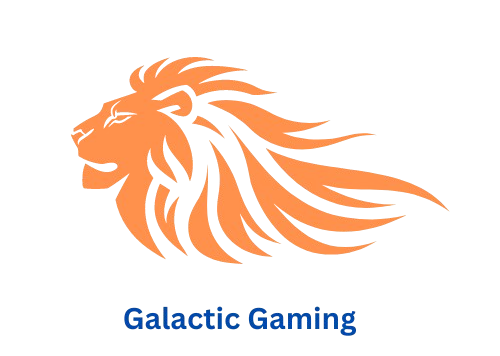Gaming has transcended mere entertainment to become a cornerstone of modern culture, influencing how we socialize, learn, and even perceive the world around us. This article delves into the evolution, impact, and future trends of gaming, highlighting its multifaceted role in today’s society.
The Rise of Gaming Culture
In the early days, gaming was often viewed as a solitary pastime, confined to arcades or personal computers. However, with the advent of home consoles like the Atari 2600 and later, the Nintendo Entertainment System (NES), gaming began slot88 to infiltrate households worldwide. This marked the beginning of a cultural shift where gaming evolved from a niche hobby to a mainstream phenomenon.
Gaming as Social Interaction
One of the most transformative aspects of modern gaming is its capacity to foster social interaction. Multiplayer online games (MOGs) such as World of Warcraft and Fortnite have created virtual communities where millions of players can collaborate, compete, and form friendships across continents. This social aspect has not only democratized gaming but also redefined how people connect in the digital age.
Educational Benefits of Gaming
Beyond entertainment, gaming has demonstrated significant educational potential. “Edutainment” games like Minecraft and Portal have been integrated into classrooms to teach subjects ranging from mathematics to spatial reasoning. These games engage students in interactive learning experiences that traditional methods often struggle to replicate, making education more immersive and engaging.
Gaming’s Impact on Technology
The demand for more immersive gaming experiences has driven technological advancements across various fields. Graphics processing units (GPUs), virtual reality (VR), and augmented reality (AR) technologies initially developed for gaming applications are now being utilized in industries such as healthcare, architecture, and military training. Gaming continues to push the boundaries of what’s possible in digital innovation.
Challenges and Controversies
Despite its numerous benefits, gaming also faces challenges and controversies. Issues such as gaming addiction, particularly among younger demographics, have sparked debates about responsible gaming habits and parental supervision. Additionally, concerns over violence in video games and their potential effects on behavior remain contentious topics within both the scientific community and public discourse.
The Future of Gaming
Looking ahead, the future of gaming appears boundless. Advancements in artificial intelligence (AI), cloud gaming, and cross-platform integration promise to further revolutionize how games are played and experienced. Moreover, the rise of eSports (electronic sports) has turned gaming into a professional spectator sport, with tournaments drawing millions of viewers worldwide.
Conclusion
In conclusion, gaming has evolved from a simple form of entertainment to a dynamic cultural force with far-reaching impacts on society. Its ability to entertain, educate, and innovate continues to shape our world in profound ways. As technology advances and societal attitudes evolve, gaming’s influence will likely only grow stronger, solidifying its place as a cornerstone of contemporary culture.
